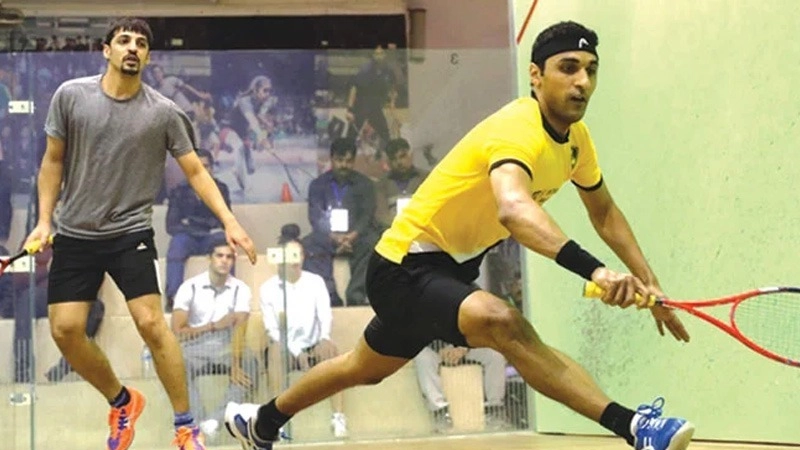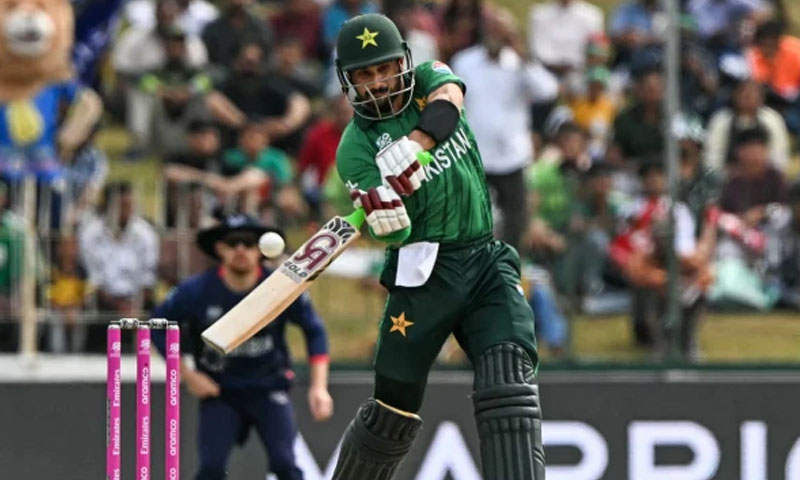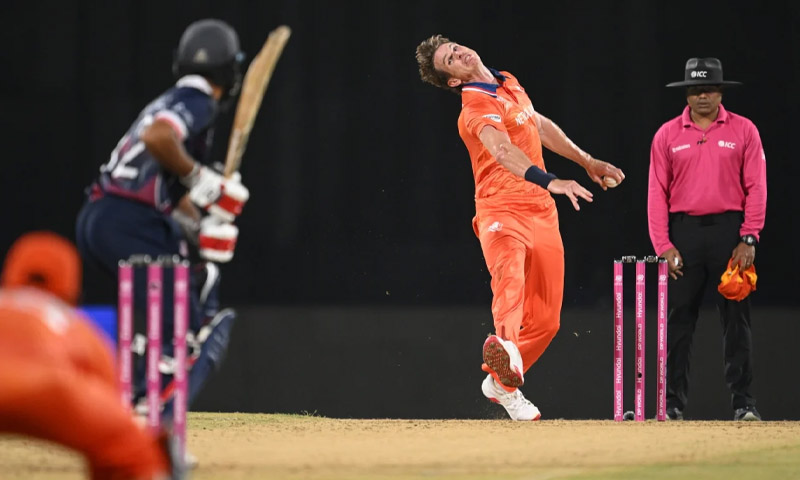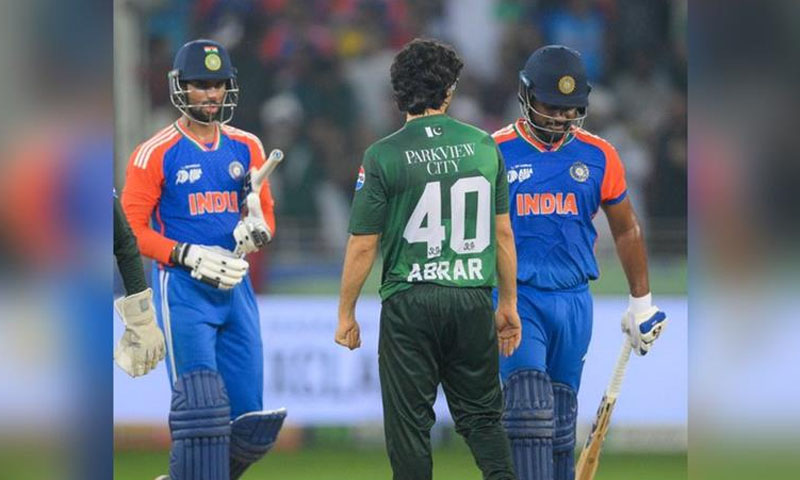- Web Desk
- Yesterday
From champions to crisis — Pakistan squash’s fight for survival
-

- Mujahid Hussain Web Desk
- Feb 26, 2025

ISLAMABAD: Squash in Pakistan, once a dominant force on the international stage, now faces a difficult and uncertain future.
In the past, it was common to see two Pakistani players battling it out in the finals of top squash tournaments. Pakistan has produced many legends like Jahangir Khan, Jansher Khan and Qamar Zaman. They were the driving force behind the country’s success in squash. Now Pakistan’s squash ranking has slipped to around 136th place. This is a sharp decline from its glory days, with many wondering what went wrong.
In an exclusive interview with Hum Investigates, Jahangir Khan, one of the sport’s all-time greats, spoke about the challenges facing squash in Pakistan. He seems especially disillusioned at the absence of skill and direction within the Pakistan Squash Federation.
According to him, government apathy and lack of proper guidance by professional managers have dealt enough blows to the flourishing and development of the game. He also laments that the likes of him are being relegated to the back seat and are not used to guide their protégé.
Jahangir Khan believes that if Pakistan pays more attention to youth development, proper training and discipline, as he did during his career, it can still make a comeback. He also looked to countries like England and Egypt as examples of what dedication and hard work can do.
Another squash legend, Jan Sher Khan, shares similar apprehensions. He states that Pakistan has enough of raw talent but trainers fail to equip players with modern techniques and fitness programs that are essential for facing high competition.
He also encourages frown on the Pakistan Squash Federation for indulging in politics rather than trying to improve the game.
Also read: Nasir Iqbal claims Bega Open Squash title
According to Jan Sher, former champions can be a huge asset to the game but their potential is not being utilized. He suggests setting up academies to promote young players and nurture new talent through private sponsorship.
Moreover, former world champion Qamar Zaman, highlighted the other view that why Pakistan in declining in Squash. He stated that lack of discipline and focus in today’s generation. He believes that distractions, namely technology, demote the effort required to be successful.
Zaman claims many athletes, not least due to excellent training arenas or good institutional support like that offered by the Pakistan Air Force, aren’t using them to their full potential.
He stresses that mental strength, physical fitness and determination are the keys to success and these are the areas where today’s players seem to fall short.
Zaman is also critical of the sponsorship situation. While there is some funding and tournaments, he believes it is not enough to nurture young talent or take the game to the next level. Decline of Pakistan is, in his view, the rise of squash in Egypt and India, and this appears attributable to resources, commitment, and a sufficient foundation being placed.
The rise of squash in Pakistan is an amazing story. From the 1950s to the 1980s, Pakistan was a squash powerhouse. Legends like Hashim Khan, Roshan Khan, Gogi Alauddin, and, of course, Jahangir Khan and Jansher Khan dominated international courts, consistently achieving top positions in major tournaments like the US Open, British Open, and World Championships.
However, that edifice began falling by the 1990s when Jansher Khan won his seventh World Championship title in 1993, which was said to mark the change in world squash. However, that golden era began to fade in the 1990s, with Jansher Khan’s seventh World Championship title in 1993 being a turning point. Pakistan’s dominance in squash began to slip again, and countries like Egypt began to rise to the top. Today, now that Pakistan is ranked in 136th place, the players who were considered outsiders in the squash world, like Egypt, have climbed to the top.
This decline is not just about missed opportunities; it is about lack of vision, lack of commitment and lack of resources. The squash infrastructure in Pakistan needs development, while lack of support from the government has deeply affected the sport.
But despite these problems, the work of regeneration goes ahead. Qamar Zaman, a former champion, is training some youngsters, and a fourteen-karat promise is seen in the name of 11-year-old Hermes Ali Raja, who won gold recently at the Under-11 US Open Championships.
He somehow succeeded in showing that with sufficient backing, hope of a revival would still come for squash in Pakistan. Yet recovery poses an uphill task, with sponsorship remaining a huge hurdle. Some help has been rendered from the likes of PIA and a few generous individuals like Ahmed Abbas, but a lot more can be done. Ahmed Abbas has also created a guide for ordinary Pakistani players on how they can stay relevant in the rankings and which tournaments to participate in.
Egypt’s rise as a squash powerhouse proves that success is possible with the right resources, training and dedication. If Pakistan can focus on improving its infrastructure, providing better support to its players, and investing in youth development, it has the potential to return to the top of the squash world.
The country’s past glory serves as a reminder of what is possible, but it also highlights the urgent need for a renewed commitment to the sport.
The question now is whether the country’s leaders, both in sport and government, will take the necessary steps to make Pakistan on top again the squash. It would be premature to say that the squash issue will be resolved.
Abobar Khan and Zahid Gishkori also contributed to the story




